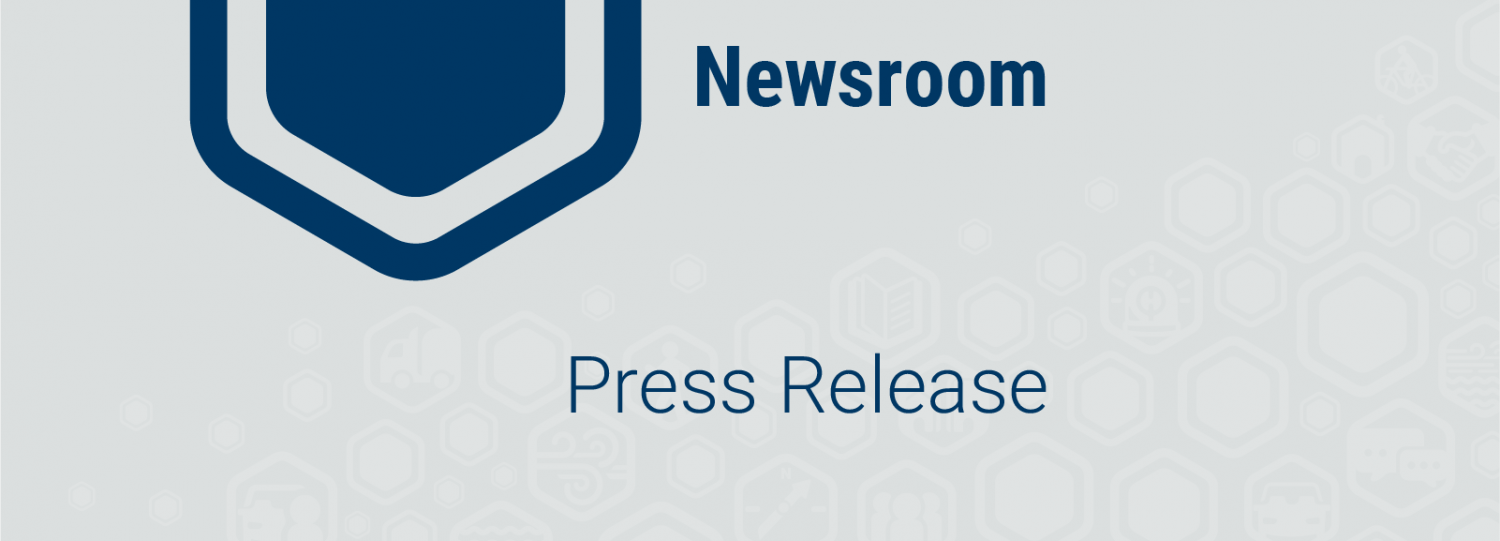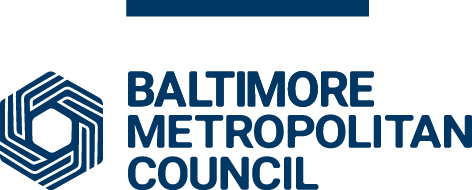
BALTIMORE, MD (Tuesday, October 1, 2024) – The Baltimore Metropolitan Council (BMC) has released The Pulse, an inaugural survey of critical policy issues providing an unprecedented portrait to help guide the region's planning and decision making in the months and years ahead.
Responses from 1,200 adults throughout the Baltimore region reflect optimism around Baltimore’s Harborplace redevelopment, the Key Bridge reconstruction and the reinvigorated Red Line transit connection. Major concerns across the region include traffic, housing prices and the cost of living.
“The Pulse gives us a detailed look at how communities across the Baltimore region feel about critical quality of life issues,” said State Senate President and BMC Board Member Bill Ferguson. ”This is just the inaugural release of this survey, and over time it will be incredibly helpful to track the shifting concerns and priorities of all our constituents."
Unique among polling conducted in the Baltimore region, The Pulse includes a sufficient sample size that yields statistically valid results for Baltimore City and Baltimore County, as well as Anne Arundel, Carroll, Harford, Howard and Queen Anne’s Counties. The BMC will conduct the Pulse annually, allowing policymakers to track views over time and identify areas of progress, emerging issues and other trends.
“I’m thrilled that the Baltimore Metropolitan Council is leading this survey,” said Queen Anne’s County Commissioner and BMC Board Chair Jim Moran. “Elected officials rely on feedback from constituents, and this detailed data will be an important tool in our toolkit as we work together to build a better region.”
Highlights of the inaugural Pulse survey include:
Economy and Personal Finances
- Residents say their cost of living is high, which many find troubling. A clear majority — 71 percent across the region — are somewhat or very dissatisfied with the cost of living. This rate is highest in Anne Arundel County, with 81 percent of residents, and lowest in Carroll County, with 60 percent.
- Cost of groceries represents the most significant concern, cited by 70 percent of respondents, followed by housing and utilities.
- Education levels correlate with economic satisfaction. Those with college degrees are roughly twice as likely to be satisfied with the state’s economy and their family finances as those without college degrees.
- Of those residents looking for work, 6 in 10 say that jobs in the area do not offer wages which cover their cost of living.
Housing and Development
- Nearly 8 in 10 respondents say the cost of housing is a problem, and more than half say that it’s a major problem. The numbers are high and consistent in every jurisdiction.
- About half of renters say they don’t believe they will be able to purchase a home in the near future.
- Views vary on whether to limit development of new housing. Residents in Baltimore City feel that limits will make housing more expensive, but residents in suburban and exurban counties favor limits.
Traffic, Transportation and Transit
- Concerns about traffic are pervasive. The region’s residents are generally unsatisfied with traffic, and most think it’s getting worse.
- About 1 in 10 respondents report working or studying from home.
- Nearly half of respondents are willing to use public transportation, with numbers highest among young people.
- Residents want convenient stops and increased safety for transit.
- Some 4 in 10 residents say they are likely to consider purchasing an electric vehicle for their next vehicle.
Issues in the News
- Of respondents in Baltimore City and County, 75 percent say it’s either somewhat or very important to rebuild Inner Harbor’s Harborplace to ensure the future economic vitality of the region.
- Most respondents believe that rebuilding the Key Bridge will improve the economy and traffic in the region. Roughly two thirds of respondents in Baltimore City and Baltimore, Anne Arundel and Harford Counties say the collapse impacted their travel.
- A majority of respondents agree that building the Red Line transit connection in Baltimore can improve traffic. Support for the Red Line is greatest in Baltimore City.
Learn more at bmcpulse.org.
About the survey: The Pulse was conducted by GQR, a leading polling firm based in Washington, D.C. GQR conducted the survey among 1,200 adults in Baltimore City and Baltimore, Anne Arundel, Carroll, Harford, Howard and Queen Anne’s Counties from September 3 through September 9, 2024. Live phone, text-to-web and online interviews each made up 33 percent of respondent modes. Respondents were compiled from a representative stratified set and panel sample of the target area’s general population. The data are subject to a margin of error of +/- 2.83 percentage points overall at the 95 percent confidence interval. The margin of error is higher among subgroups and online respondents.
About the Baltimore Metropolitan Council: The non-partisan BMC is a trusted group of experts who help guide the future of the Baltimore region by evaluating needs and trends, listening to communities and developing and implementing programs and projects.
###
Baltimore Metropolitan Council (BMC) works collaboratively with the chief elected officials in the region to create initiatives to improve quality of life and economic vitality. As the Baltimore region’s council of governments, BMC hosts the Baltimore Regional Transportation Board (BRTB) and supports local government by coordinating efforts in a range of policy areas including emergency preparedness, housing, cooperative purchasing, environmental planning and workforce development.
BMC operates its programs and services without regard to race, color or national origin in accordance with Title VI of the Civil Rights Act of 1964 and other applicable laws. BMC offers interpretation services, including language translation services and signage for the hearing impaired, at public meetings upon request with seven days advance notice. BMC will not exclude persons based on age, religion, or disability. For assistance, contact the Public Involvement Coordinator, comments@baltometro.org, or call 410-732-0500. Dial 7-1-1 or 800-735-2258 to initiate a TTY call through Maryland Relay. Usarios de Relay MD marquen 7-1-1. Si se necesita información de Título VI en español, llame al 410-732-0500.
